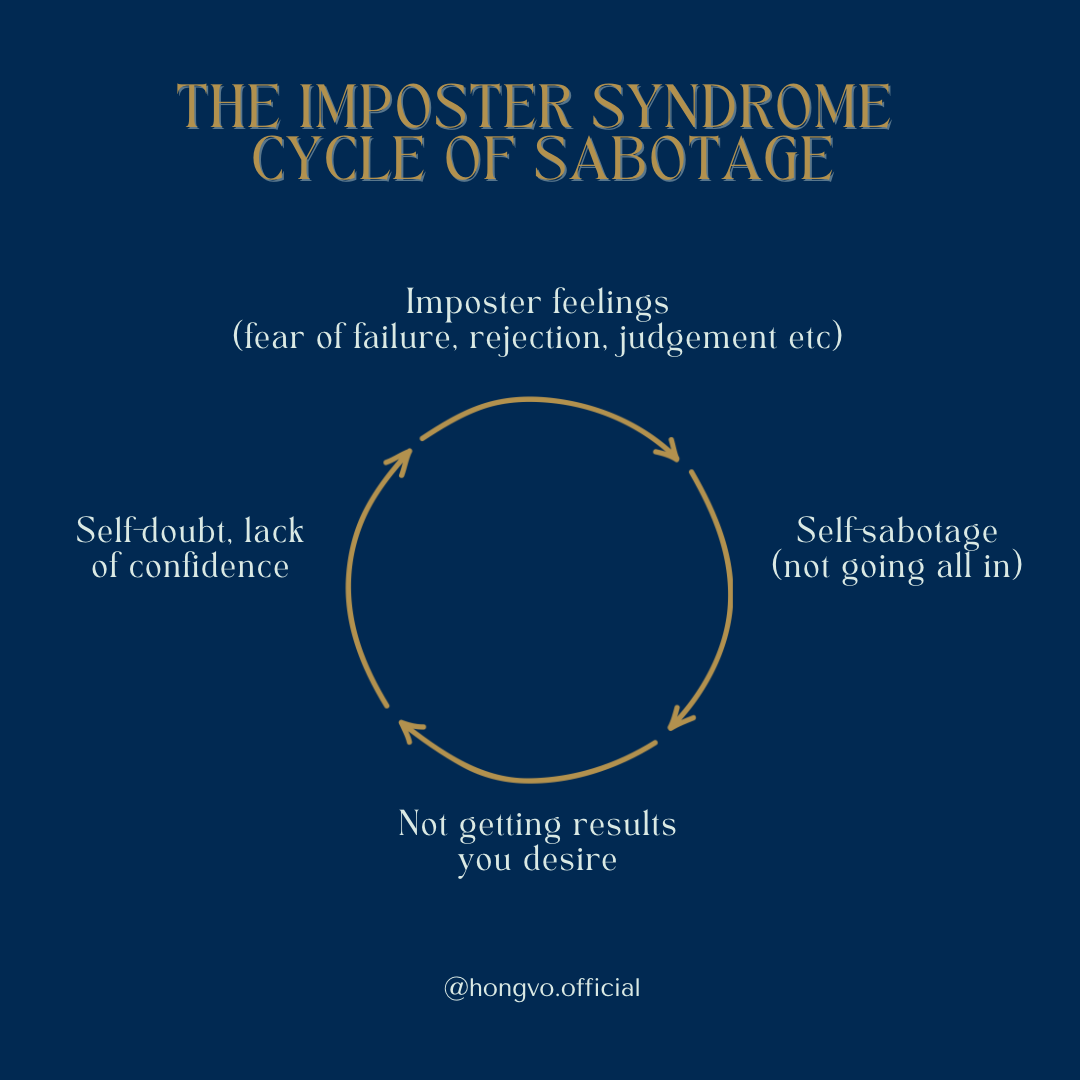Impostor syndrome is a psychological pattern where individuals doubt their abilities and feel like a fraud, despite evidence of their achievements and skills. Impostor syndrome can affect anyone, but research suggests that it is more prevalent among women in business and leadership positions. Women often experience societal pressures and gender stereotypes that contribute to feelings of inadequacy and self-doubt.
To overcome impostor syndrome and gain confidence in your abilities, it’s essential to understand the different types of impostor syndrome and learn strategies to address them.
- The Perfectionist: The perfectionist is someone who sets extremely high standards for themselves and feels like a failure when they fall short. To overcome this type of impostor syndrome, try to focus on progress rather than perfection. Set realistic goals and celebrate small achievements along the way.
- The Expert: The expert is someone who feels like they need to know everything before they can take action. To overcome this type of impostor syndrome, recognize that it’s impossible to know everything. Focus on your strengths and expertise and ask for help when you need it.
- The Soloist: The soloist is someone who believes they need to do everything on their own and feels like they can’t ask for help. To overcome this type of impostor syndrome, learn to delegate tasks and collaborate with others. Recognize that asking for help is a sign of strength, not weakness.
- The Superwoman/man: The superwoman/man is someone who feels like they need to excel in all areas of their life, including work, family, and personal relationships. To overcome this type of impostor syndrome, set realistic expectations for yourself and prioritize self-care. Learn to say no to avoid burnout.
- The Underminer: The underminer is someone who downplays their achievements and attributes their success to luck or external factors. To overcome this type of impostor syndrome, practice self-affirmation and recognize your accomplishments. Keep a record of your achievements and review them regularly to boost your confidence.

In addition to understanding the different types of impostor syndrome, there are several strategies that women in business and leadership positions can use to overcome it:
- Talk to someone: Impostor syndrome can be isolating, but it’s essential to remember that you are not alone. Talk to a mentor, coach, or trusted friend about your feelings. Sharing your experiences can help you gain perspective and support.
- Focus on your strengths: Instead of dwelling on your weaknesses, focus on your strengths and accomplishments. Keep a list of your achievements and review them regularly to remind yourself of your capabilities.
- Challenge your negative thoughts: Impostor syndrome is often fueled by negative self-talk and limiting beliefs. Challenge these thoughts by asking yourself if they are based on facts or assumptions. Reframe negative thoughts into positive affirmations.
- Take action: Taking action can help build confidence and reduce feelings of impostor syndrome. Break down big tasks into smaller, manageable steps, celebrate small victories along the way. Don’t let fear hold you back from taking risks and trying new things.
- Seek support and community: Surround yourself with supportive people who uplift and encourage you. Join a women’s business or leadership group to connect with others who understand your experiences and can offer guidance and support.
Don’t let impostor syndrome hold you back from achieving your goals and living your best life. If you are an ambitious female entrepreneur or leader and struggle with impostor syndrome; you want to understand the root cause of the problem, untie those mental knots, heal any unresolved trauma, and finally clear any emotional blocks to your success and full potential, let’s chat.
Book your call today and take the first step towards overcoming impostor syndrome and unlocking your true potential.
